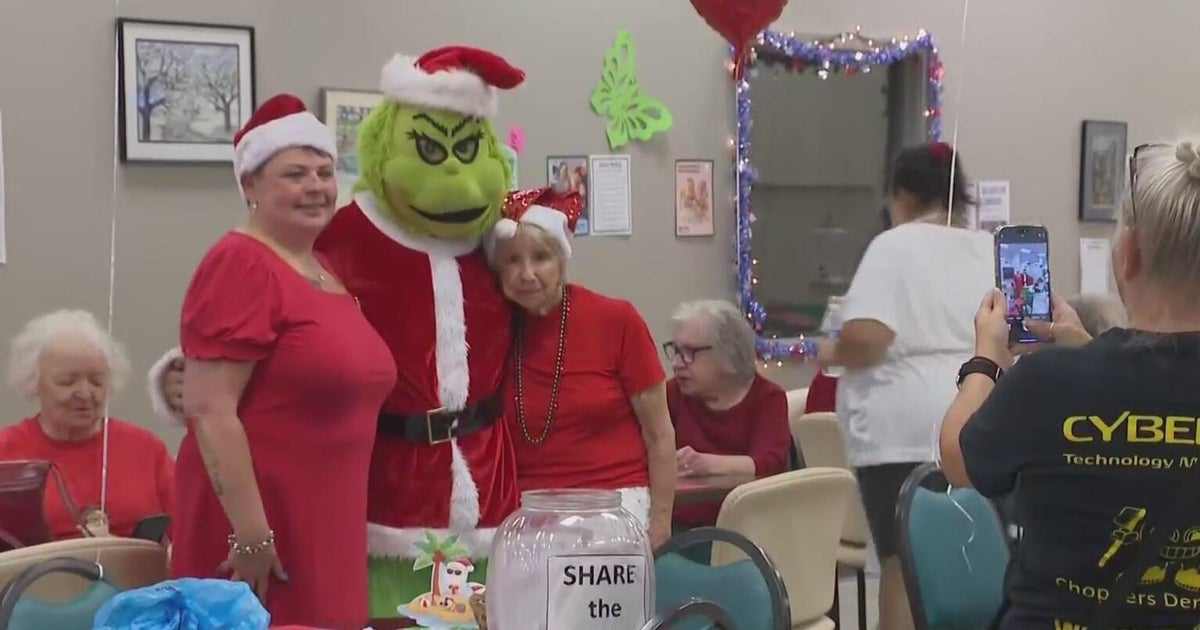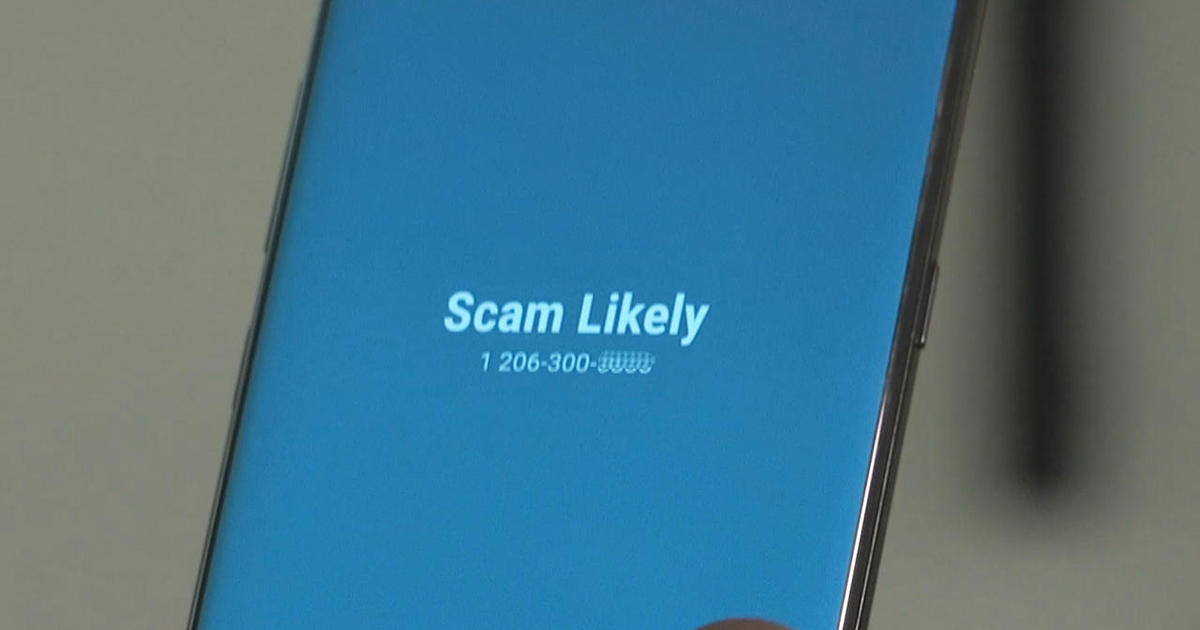Coping With Grief On Valentine's Day
It's a pretty safe bet that Valentine's Day is a favorite holiday of couples in love, almost in love, and those happily married. But for those grieving the death of a spouse, fiancé, lover or partner, coping with Cupid's 24-hour visit can be emotionally taxing.
The abundance of advertisements for heart-shaped jewelry, chocolates and romantic dinners can bring one's grief to the surface very quickly. The sadness, pain and loneliness that often follow a loved one's death can feel unbearable amid the in-your-face retail campaigns pushing romance and couple-hood.
The Good Grief Center for Bereavement Support, a nonprofit organization which provides free services to individuals and families throughout Western Pennsylvania, offers these tips for surviving the holiday season while grieving:
Here are 12 practical tips for coping with grief on Valentine's Day:
- Give yourself permission to experience your grief. Acknowledge that this Valentine's Day will not be the same without your significant other. Allow yourself to feel whatever may come up that day – sadness, longing for the person who died, joy for having been a part of that loving relationship. It's all a part of good grieving.
- Handle the holiday in whatever way feels right to you. Spend the day alone in quiet reflection, or surround yourself with family and friends—you decide. Continue your Valentine's Day traditions: go out to dinner, buy those favorite chocolates, see a movie. Or, start new traditions for yourself. Like grieving itself, there is no "right" or "wrong" way to handle Valentine's Day after the loss of your significant other.
- Honor your significant other and the relationship. Death doesn't mean an end to the love you shared, just an end to the way you can express it. Gather with those you feel close to and share aloud some of the special qualities of your loved one or your relationship. Or, establish some private rituals as a way to keep that special connectedness for years to come. Some examples:
- Visit the cemetery and place a single rose – or something else that symbolizes your love – on your loved one's grave. Talk aloud, relaying how you've been feeling since their death. It can be cathartic.
- Start an annual Valentine's Day journal. In your first entry, explain to your loved one why you need to do this. Write down everything you wish you had the chance to say before he or she died. Date each entry as a way of charting your healing over time.
- Write a letter or a poem to your loved one. Go outside, tie the written piece to a helium balloon, and release it heavenward.
- Light a memorial candle near a framed photo of your loved one. Just sit near it for a while. Reminisce. Cry some. Laugh some.
- Honor your relationships with those who are still alive. Valentine's Day is not exclusively for couples. It also provides an opportunity to let others know how special they are. Make time to look up from your pain and realize how many other people love and care for you. Find ways to tell them "I love you" or "You are special to me." For example, send children's valentines to adult family members and friends, writing personal notes on each. The cards will remind you both of a simpler, whimsical time in life.
- Love yourself. Find a way to be appreciative of yourself and the love and effort you put into your relationship. Make a list of the five qualities your significant other loved best about you. Or make a list of positive, loving things your significant other would have said to you this Valentine's Day and read them aloud to yourself. Buy yourself a present that you think he or she would give you, such as jewelry or a CD by your favorite artist; think about him or her each time you wear or use it.
- Pamper yourself. Treat yourself with feel-good things. Send yourself flowers. Get a massage or spa treatment. Play your favorite music loudly. Dance wildly. Take a relaxing bubble bath, maybe throw in some flower petals. Wear your warm, fuzzy slippers all day. Watch TV with a big bowl of popcorn.
- Share your early romance with your children. If you and your significant other had children, tell them stories about the romantic side of their deceased parent before they were born. Share old photos of when you both were young and madly in love. They'll get a kick out of it, and you'll get to stroll down memory lane with your loved ones.
- Spend some cuddle time with an animal companion. If you don't have one, visit a friend who does. The unconditional love will do wonders. If a live pet is not available, do the same with a big stuffed animal.
- Do something heartfelt for someone else. Make a point of keeping your heart open on this day. Volunteer somewhere. Visit an elderly relative. Take cookies to work. Give blood.
- Redefine the purpose of the holiday. Don't think of it as a day for lovers, but as a day to openly express your love to those important in your life. Keep the day's romance focus in perspective, too. Don't let all the hoopla force you into thinking about starting a new love relationship. It's not a decision to be made lightly. Only you will know when the time is right to open your heart again.
- If you're really hurting, plan ahead. If you're not emotionally ready to deal with the day, plan activities for yourself that don't have a hint of romance—play board games with a friend, organize a messy room, read a book, pay some bills.
- Seek support if you feel overwhelmed. Your grief is your own, but you do not have to go through it alone or pretend you're okay. Reach out and continue to build a support system. Talk with someone who understands and is willing to listen to you without judgment. That may include family members, friends, your faith community, professionals or a grief support center.
The Good Grief Center for Bereavement Support (GGC) creates a safe place where people who have experienced the pain of death can work through their loss and learn to manage their grief. For no-cost emotional support by phone or in person, grief education and referrals to community resources, contact GGC at 2717 Murray Avenue, Pittsburgh (Squirrel Hill); support@goodgriefcenter.com; 412-224-4700 or 1-888-GRIEF-88. Or visit www.goodgriefcenter.com.



